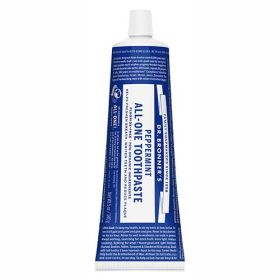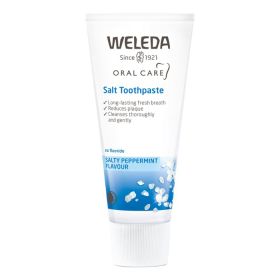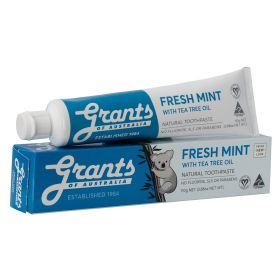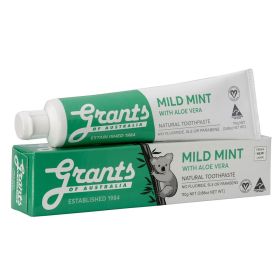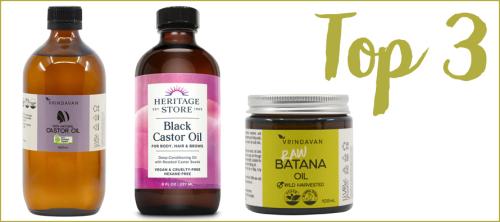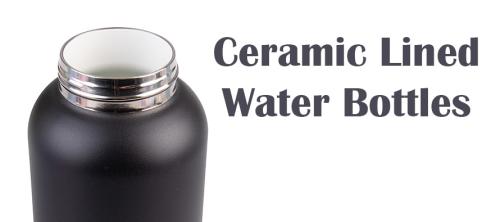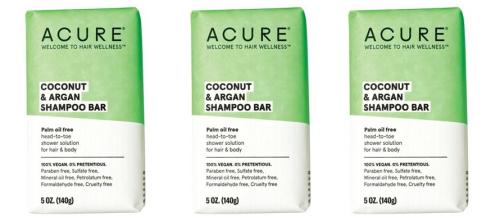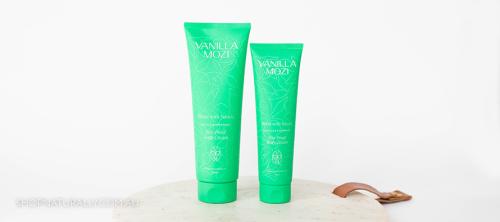Does your toothpaste or skin care contain microbeads?
In America recently, a dental hygienist has discovered an issue with one of the major brands of toothpaste, Crest. The hygienist discovered little blue dots that were trapped in between the teeth and gums of some of their patients. After some investigation, the issue was narrowed down to tiny polyethylene beads that were found in Crest toothpaste.
It's bad enough that some skin care manufacturers were putting it in cleansing products to use as an exfoliant, but to put it in toothpaste is just absurd. I can't even begin to imagine how many people swallowed these tiny little balls and what they did once they were inside their bodies. I hope they didn't make children's toothpaste. What an awful thought.
Dentist Justin Phillip explains that these small microbeads get trapped in the gums, leading to the gum disease gingivitis. Over time, the infection moves from the gum in to the bones and becomes the very serious issue, periodontal disease.
The manufacturers of the toothpaste still claim that while the ingredient is perfectly safe, they understand that people would like the ingredient removed, so they will be doing so by March 2016. Again, why they feel that something that has the easy potential to infect gums and bones is safe is beyond me, and I don't understand why it's going to take 18 months to get it out of their product.
I am unsure as to whether this is an issue with many mainstream Australian brands, but if you use any of them and you have noticed any of the symptoms mentioned above, it would be worth looking in to. Check for the ingredient POLYETHYLENE on the ingredients list. While using a mainstream vs natural toothpaste is a personal choice that I will not attempt to force on anyone, the use of any toothpaste with microbeads is something that should be avoided by everyone.
If you are using a supermarket toothpaste, it's probably a good idea to check the ingredients list. If you are already using a natural fluoride free toothpaste purchased from us, there won't be any issue with microbeads. You can read more about the toothpaste story and watch a fox news report here.
The use of microbeads in skin care is, sadly, alive and well in Australia. If you're using mainstream facial exfoliants and you'd like our marine life not to be forced to swallow tiny pieces of plastic, please read on. This article from SMH.com.au earlier this year explains the situation in some detail.
These tiny microbeads, made from the same polyethylene found in the toothpaste mentioned above, are all but invisible to the eye, anywhere bewteen 0.1 and 0.5mm in size. They get washed down the sink, in to our waterways and invisibly float on the surface. They are then ingested by marine life and then enter the human food chain as we eat the fish. They are completely unnecessary and should be banned. Again, if you're using mainstream skin care, please check the labels for polyethylene. If you shop from our natural skin care department, you don't have anything to worry about.
Major cosmetic companies say they will phase them out in 3 to 5 years. The Body Shop say they'll do it by the end of 2014. Phase them out now by boycotting any product with microbeads in it. They're not only potentially bad for your health as they enter the food chain but they're bad for the environment. Once the ocean is covered with a tiny layer of microbeads, it's not going anywhere.
Just last month, NSW State Environment Minister Rob Stokes (pictured above) announced he will lead an industry group to phase out the use of microbeads. Bravo Rob. The announcement came just days after the Sydney Institute of Marine Science released their report showing microplastics found in unacceptable levels in Sydney harbour, including two sites near Manly Cove. Read more at The Daily Telegraph.

